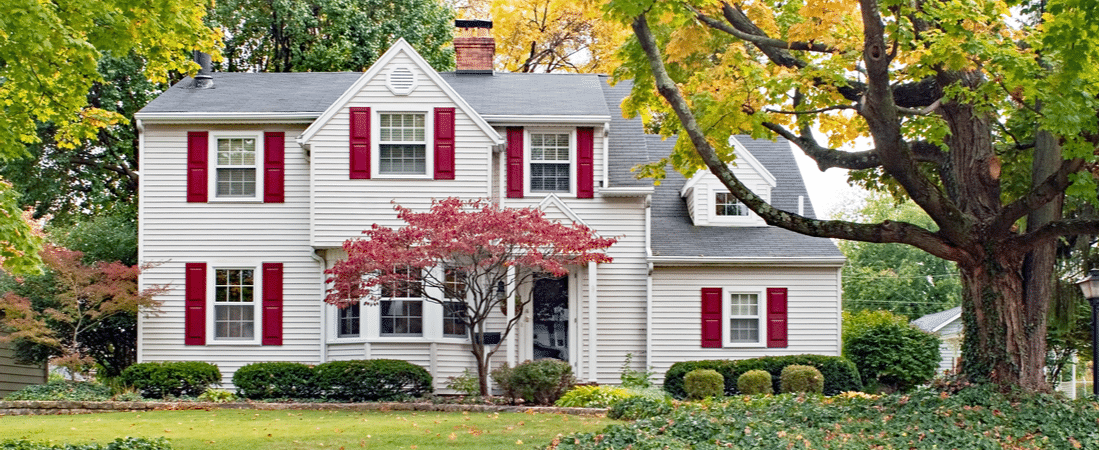COVID-19 pandemic update: property tax payment extensions and penalty waivers. There are now 16 states offering some form of COVID-19 property tax relief.
Relief programs for financial obligations continue to become available as more Americans have their incomes disrupted due to the coronavirus pandemic and the resulting economic slowdown.
The average American household spends $2,375 on property taxes each year, according to the U.S. Census Bureau. In states like New Jersey, where property taxes are the highest in the nation, homeowners pay nearly 2.5 percent of the property’s market value, totaling as much as $8,104 for homes priced at the state median ($327,900).
IMA Research, an organization that covers issues related to homeownership and home services, recently identified 16 states offering property tax breaks or special relief due to the COVID-19 pandemic. Homeowners in these states might be eligible for property tax payment extensions, penalty waivers, or special programs that reduce property taxes.
COVID-19 Pandemic Update: Property Tax Payment Extensions and Penalty Waivers
States offering at least one type of COVID-19 related property tax breaks include Alaska, California, Connecticut, Florida, Illinois, Indiana, Iowa, Minnesota, Mississippi, New Jersey, Ohio, Pennsylvania, South Carolina, Washington, West Virginia and Wisconsin. IMA Research has a detailed chart listing regular deadlines, new deadlines, relief eligibility and links to local resources for each state (check it out here).
“It’s worth bookmarking your state’s COVID-19 tax page, and visiting every month or so. While stimulus checks receive widespread media attention, there may be additional benefits that require action to be taken by taxpayers and homeowners,” said Taylor Shuman, editor and research analyst at IMA Research.
Why Some States Aren’t Offering Property Tax Breaks Due to COVID-19
There are a number of reasons why some states aren’t offering property tax breaks due to the COVID-19 pandemic.
States like Massachusetts and Nevada collect property taxes on a quarterly basis making the payment less of a burden for them than in states like Washington or West Virginia where payments are collected biannually.
Some states aren’t offering tax breaks because property taxes help fund essential public services such as schools, trash pickup, water, sewer lines and emergency services. If property taxes aren’t collected residents could experience service interruptions or a decline in the quality of service.
Interest rates, fees or penalties for late payments on property taxes are minimal in some states and it might not be worth the administrative overhead when the average delinquent homeowner in the state pays, for example, $30 extra for the late filing fee.
In some states, property tax payment deadlines or penalty waivers can’t be extended without an executive order from the governor or from an act of legislature. Many state legislatures are in recess and governors face many considerations when weighing executive orders.
“If the U.S. shuts down again, or retreats from reopening, I would expect states to revisit extensions or waivers for property taxes. Many of the initial announcements and policies occurred as businesses and schools were shutting down,” noted Shuman.
More on Topics Related to Coronavirus Relief and Property Taxes
Coronavirus Relief: CARES Act 2020
How Will the Coronavirus Impact the Housing Market in 2020?
1031 Exchange Deadlines During COVID-19 Pandemic
How Are Property Taxes Calculated?







Leave A Comment